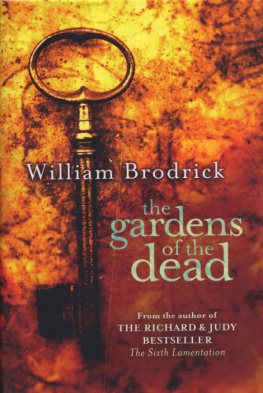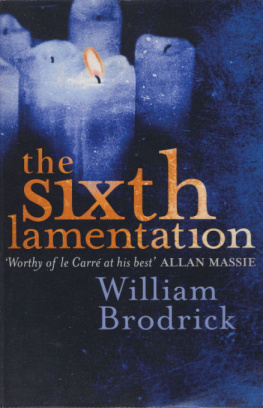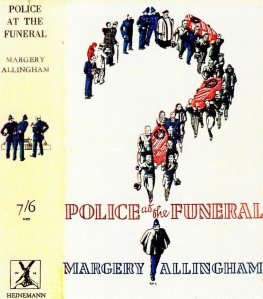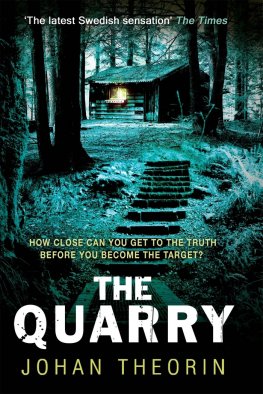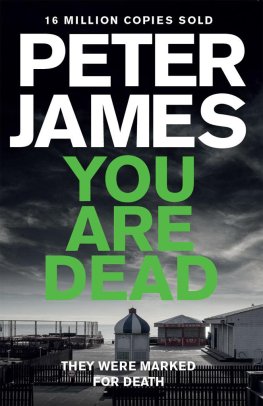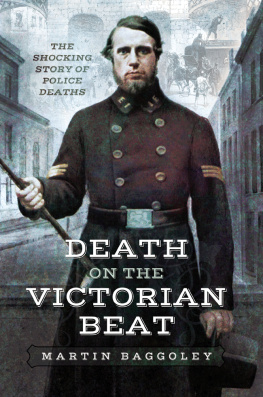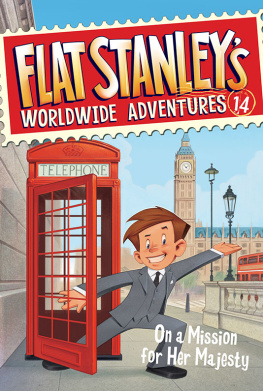the
gardens
of the
dead
WILLIAM BRODRICK
ForThe Passage
ACKNOWLEDGEMENTS
For endlesssupport, patience and guidance, I warmly thank: Ursula Mackenzie, JoanneDickinson, Araminta Whitley, Pamela Dorman, Beena Kalmani, Austin Donohoe, VictoriaWalker, Catherine Browne, Stephen Guise, Sr Jean-Baptiste Koetschet OSB, FrDavid Middleton OSA. As ever, I remain gratefully indebted to the communitiesat Bec.
One of the principal characters is concerned with how evil might beundone. The seed for this question came from a talk given by MetropolitanAnthony of Sourozh.
Finally, my heartfelt gratitude goes to Anne and our three children.They have helped me at every turn, sharing the peculiar weight of a secondnovels making.
NOTE
As I hope theBunyan undertones make clear, much of the landscape in this book is imaginaryor serves a symbolic purpose. I ask pardon from readers who note, for example,that there are no Four Lodges at Hornchurch Marshes. The Gilbertines were anEnglish religious order that did not survive the reformation. References in thetext to The Rule are to that of St Benedict.
Sleep is well for dreamless head,
At no breath astonishd,
From the Gardens of the Dead.
Walter de la Mare
Dust to Dust
PREAMBLE
Elizabeth Glendinning QCwalked purposefully beside Regents Canal in Mile End Park towards atrestle-table covered with junk from the houses of the dead. Behind it, his jawworking as if hed tasted ash, sat Graham Riley, lolling in a camp-chair. Toher right, sausages and onions sizzled on a hotplate; steam rose from an urn;clothing hung jammed on racks; bits of houses were laid on a blanket by a signthat read Architectural Reclamation; tools from yesteryear, rusted, robust andmanly, stood propped against a dinted van. Elizabeth passed them all, not quitelooking, keeping her eye rather on the calm of the waterway to her left, andaway from Graham Riley.
Despiteyears of handling tension, Elizabeth found the strain this morning unbearable:she had devised two grand schemes to bring this man from the camp-chair to the courtroom,that he might answer to his many victims. The first of these, after months ofpreparation, was about to be fulfilled.
Rileylooked up, across the autumn fair, in utter disbelief.
Elizabethwas dressed in courtly black. She wore no make-up. Her hair had been preciselycut at quite fantastic expense. Through anxiety, her skin was pale and her lipspeculiarly bloodless.
Rileysjaw was still. He looked like a wasted, frightened boy surrounded by brokentoys. But Elizabeth had travelled a long way beyond pity; shed climbed to themysterious and airless place where justice and mercy met. Holding her breath,at this the culmination of so much effort and sacrifice, she picked up a set ofEdwardian spoons.
Feeling a sudden giddinessand a race of contractions in the heart, Elizabeth stumbled back the way shedcome, beside the smooth, green canal. She slumped in the drivers seat of herlemon-yellow VW Beetle, stunned at her carelessness: shed mastered the facts,but had failed to consult the law On the passenger seat was the orange flyerthat had led her to Rileys stall. She crumpled it with one shaking hand andforced the ball into an ashtray. She began to sweat and her breath fell short.Feeling a strange sense of moment as when a train, out of view, hums on thelines she unhooked her mobile phone off the dashboard and called InspectorCartwright, being careful to leave only a message. She then rang Mrs Dixon. Arush of wind seemed to come, and Elizabeth dropped the phone mid-sentence. Inthe sluggish seconds left to her, Elizabeth found a last, winning smile.
Yes,she was inconsolable. She would never behold Charles, her husband, again hewas at Smithfield Market, fretting over the morrow; or Nicholas, her unwaryson.., he was probably on the Barrier Reef, among the brightly coloured fish;or George, her friend and accomplice, who was waiting beneath a fire escape.And, yes, in terms of these grand designs of hers, death had come too soon. Itwas, as ever, the spoiler. But Elizabeth could laugh, and did. Shed devisedcontingency arrangements for precisely these circumstances. And there was onescheme left untried the most far-reaching, and the most grave.
Herheart became wonderfully still.
All atonce Elizabeth felt cold. It seemed that she was high above the clouds, comingdown to earth at last. As she tumbled in the sunlight, she thought: Now is thehour of the unsuspecting friend, of the puzzled monk to whom I gave the key.
PART ONE
the story of a key
Anselm returned toLarkwood, weaving through the apple trees in Saint Leonards Field. The scooterskipped over tufts of grass, and Anselm bent his head, thinking of SteveMcQueen at the end of The Great Escape. He could see the fence ahead. Ina vivid reverie he saw himself soaring over the barbed wire, away from fiendswho would cart him off to the cooler.
Whistlingto himself, Anselm pushed the bike into the old woodshed, where he met BrotherLouis, the choirmaster.
Hullo,said Anselm. How was it?
Appalling.Hed been on a ten-day residential counselling course. I had to talk aboutmyself Eye-to-eye stuff.
Ohhell.
Louissat on a stump. He was tall and seemed to fold himself up. His eyebrows werecopper and straight, as if theyd been electrified. Anselm rolled twocigarettes, obedient to a wink.
Fromthe global perspective, said Louis, pensively I found some relief
Really?
Yes.My parents arent to blame after all. He slowly pushed out the blue smoke. Iam.
Dontbe deceived.
Louistilted his head towards the scooter. Whereve you been?
Buyingwood to bank the Lark.
I hopeyouve got a receipt.
Anselmhad thrown it in the bin. Why?
Cyrilsgone round the bend. Its that time of the year, Im afraid. Hes doing thebooks and he cant account for twenty-eight pence.
As thecellarer, Cyril was responsible for the financial affairs of the monastery; hewas the commercial brain behind various industries derived from apples andplums. An amputee after an industrial accident sustained before joiningLarkwood, he had the appearance and character of a one-arm bandit chock-full offruit and numbers.
Speakingof madness, resumed Louis, rummaging in a habit pocket, the elderly Sylvesterput this in my pigeonhole.
Anselmunfolded the slip of paper: Elizabeth called. Roddy is dead.
RoderickKemble QC, Anselms old head of chambers, a friend and guide from thosehalf-forgotten days. Oh, God.
He ranto reception, where Sylvester struggled with buttons to get an outside line.Anselm hovered, itching to grab both the receiver and Sylvesters larynx itwas a common problem at Larkwood but shortly he made the call and a growingsuspicion was confirmed. I am still here, said Roddy but Elizabeth is not.
Anselmstepped into the sunlight. He looked towards Saint Leonards Field as if hedbeen warned; and he thought of the key.
Anselm made for a quietplace beside the river the place hed brought Elizabeth when shed turned up,all of a sudden, three weeks ago. A narrow flowerbed ran along a wall to anarch. Passing through, he turned right and sat on a bench of dressed stone remnants of the medieval abbey, turned up by one of the tractors. The Larksplashed in front between the shoring of black timbers. Elizabeth had satbeside him. I need your help, shed said, quietly.
Thinkingof that conversation now, Anselm recalled an earlier impromptu meeting tenyears earlier their last, in fact, before hed left the Bar. Within a monthhed be at Larkwood. Hed been at home in Finsbury Park listening to BixBeiderbecke knock out Ostrich Walk when the doorbell rang (Anselm was a fiendfor all jazz prior to an indefinable but tragic moment some time in the 1950s).It was Elizabeth, clutching a box of Milk Tray.
Next page
